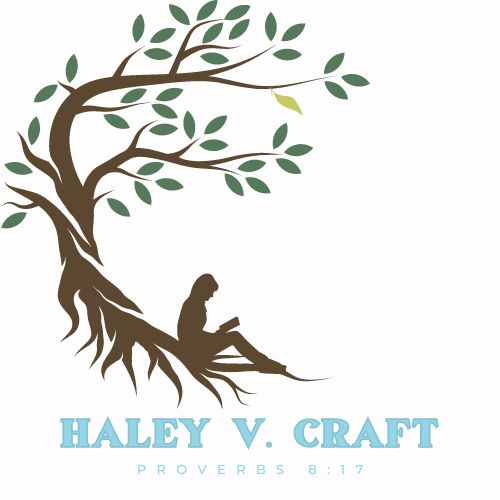Commit your works to the LORD and your plans will be established.
—Proverbs 16:3
I always write my devotions on Sunday evenings. In many ways, they are the overflow of a day spent with the Lord. They are the ideas sparked by a particular illustration used in the sermon I heard that morning or an idea discussed in my life group or something I read in the afternoon that caught my eye.
I enjoy my Sunday afternoon writing sessions because I have spent the day filling up on God, looking for what He wants to teach me that day, and then I get to pour it out on the page. However, there is one problem with waiting until Sunday evening to do my writing: Monday morning is coming.
As of today, I cannot think of a single instance where I heard someone rejoice that they were about to have to go to work again on Monday morning because Monday morning means we have to go back to work. Even for those of us who enjoy our jobs, going to work on Monday is often something we dread. Work has gotten a bad rap, but Proverbs has something pretty cool to say about work.
The first thing I saw when I read this verse was the verb tenses. (Now I’m not a Hebrew scholar, so I can’t tell about the tenses of the original verbs or their implications, so I’m going to stick to the English.) Commit is a command, present tense, meant to be carried out now, no time to waste. But that’s not the same tense used when Proverbs tells us that our plans will be established.
What is required in Proverbs 16:3 is a present choice that will lead to future rewards. In other words, we are called to commit our work to God as an act of faith.
Realizing this made me think about the verses that say we are saved by faith and not by works. So often we can lean on our work, whether it be our occupation or the work we do to help others or something we are particularly good at, as a way to give us value and identity. But according to Proverbs, work is just another opportunity to demonstrate that faith that led us to salvation.
That seemed pretty cool to me. Like all the other times when God takes the way the world thinks about things and flips it on its head so we can discover something way better (put others first, give generously even when you don’t have much, love your enemy, etc.). But even so, I struggled with the idea of committing our work to God.
I struggled with it because I had no idea what that would look like. Until I looked up the original word translated commit.
That word, which is translated as commit in Proverbs, is translated elsewhere as “to roll away”. I don’t know about y’all, but my mind immediately went to the stone that was rolled away. I was excited and incredibly confused at the same time. It seemed like there had to be some kind of really amazing connection there even though I very much couldn’t see it.
After I had been staring at my page of notes much longer than I had intended to spend studying, I realized something—stones are heavy. They do not move when the person trying to move it gives it a halfhearted attempt. There has to be a complete commitment to moving the stone before it will budge—we have to put our spiritual backs into it.
And if we want to go back to that most famous of stones to ever have been rolled away, what joy the Father must have had to move it aside? What excitement? What zeal?
That’s what I think it looks like to commit our work to the Lord—putting our all into it with joy and enthusiasm that only a connection to our Heavenly Father could explain. Even in that job that looks like a dead end. Even in that behind-the-scenes ministry that no one ever gets to see you help with. Even on those Monday mornings when you wish you could sleep in a little while longer instead of going to work.
When we do this, not only can we rest in the promise that God will establish our plans, but it also becomes a testament to our faith, an evangelical flashing neon light that says “This one’s found something better!”






0 Comments